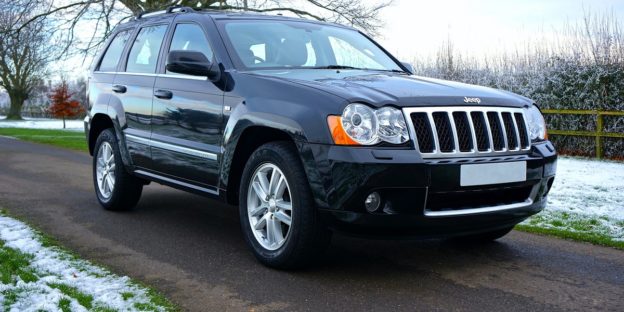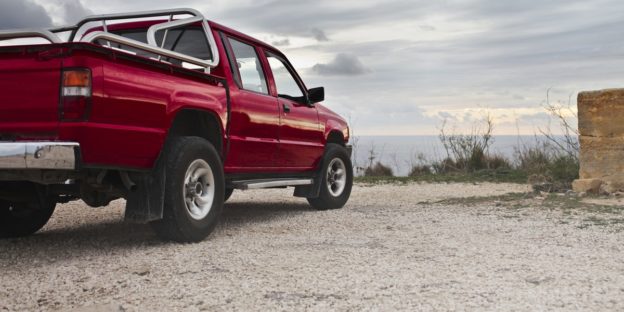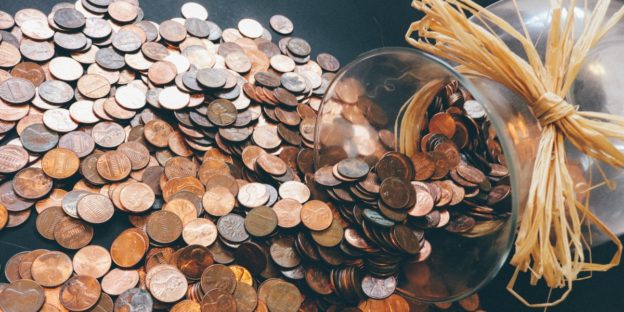Auto repossessions are more common than people think. If you’ve fallen behind on your payments, the lender can repossess your vehicle to recoup some of their losses. However, your car may also be repossessed for other reasons such as not carrying adequate insurance.
Repossessions are certainly not fun, especially when you depend on your car to get to and from work. But there’s a light on the other end of the tunnel – repossessed cars can be sold to the public at steep discounts. If you’re not in a position to pay full price for a new vehicle, a repo car is an excellent alternative.
So where can you pick up a repo car, truck or SUV? Below are your options.
Lenders and Credit Unions
Some lenders and credit unions make their repossessed inventory directly available to the public. They’ve waited to receive payment from the owner and were unable to work something out, so they’re eager to recoup their losses in a quick sale. And, lenders and credit unions are not in a position to store or care for vehicles, so they are especially motivated to sell them. Their loss is your gain!
Vehicle Auctions
Vehicle auctions, both online and in-person, provide another opportunity to shop for repo inventory. The nice thing about auctions is that you’ll have a wider selection of vehicles to choose from as opposed to a lender that only has a few cars on their lot. That said, there is a lot more competition with auctions, so you must be prepared to make effective bids, as well as have pre-approved financing or cash lined up.
Repo Company
Repo companies are the middlemen between the lender and the buying public. This route is actually very convenient because you can browse a wide inventory of vehicles, perform quick searches and place a bid all in one sitting. While you might think that this route will cost you more, it probably won’t. The cars are still being sold by lenders and credit unions, so they want to sell them quickly. You can expect the prices to still be on the low side.
Used Car Lots
Your last option for purchasing a repo vehicle is a used car lot. This is a straightforward way to purchase a repo, and you don’t have to worry about bidding against others. Even better is that the cars are often cleaned up and light repairs are made. However, in exchange for all of this, used car lots charge more for their repos. In fact, some are the same price as a used car!
Shop with RepoFinder Today
There is no right or wrong way to shop for repo vehicles. It all comes down to the selection and the price you’re willing to pay. RepoFinder offers a huge selection of repossessed SUVs, compact cars, hatchbacks, minivans, crossovers and more. Browse our selection of repos today and see how easy and affordable it is to shop with us!











